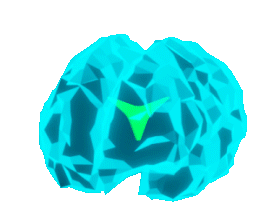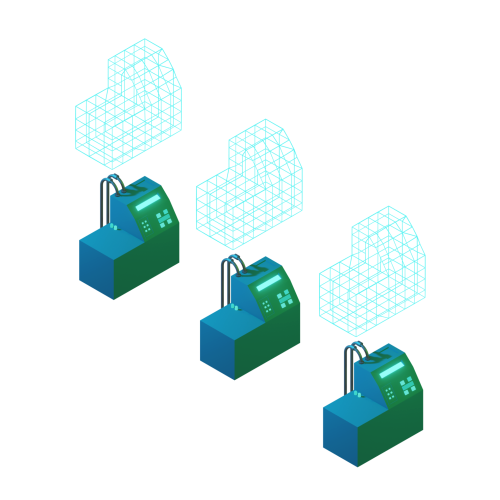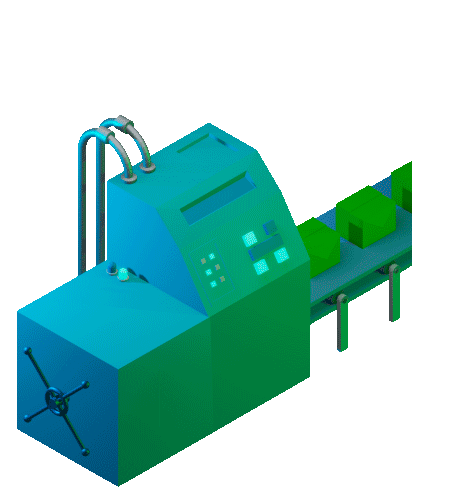Razum is a concept that combines software and hardware technological solutions aimed to improve efficiency, optimize and stabilize technological processes in industrial enterprises.
RAZUM NOW

Integration flexibility
Quick implementation into operation - 3-4 months

Control in one touch
Product usability allows a minimum of specialized knowledge and skills

Precise algorithms
Digital twin methodology used in product makes it possible to describe processes with accuracy of more than 96%

Project design
The possibility of substantiating the feasibility of introducing new technologies through modeling

Adaptability
Ability to use the concept for all industries
METALLURGY
OIL AND GAS INDUSTRY
CHEMICAL INDUSTRY

MINING
ENERGY
MECHANICAL ENGINEERING
"RAZUM" can change the understanding of optimization the technological operations
Smart Enrichment
Complex of software and hardware decisions that automatically controls the process of enrichment by objective functions
Results in numbers
achieved after implementation into enrichment plant
3%
Increase in productivity
11 %
Reduction in production costs
15 %
Useful product reduction at tailings
99,9 %
Product quality stabilization
Digital twins – Tools

Implementation

Description
Physical Processes description by a Digital Twins
Accounting
Equipment condition accounting by specialized methodology
Creation
Virtual technological chain creation
Process analysis
Analysis of technological processes
Management
The ensurement of efficiency of entire process
Optimization
Production work optimization: productivity increment and product costs deduction
Smart technologies for business developed in Russia
Artificial Intelligence Technologies - A Progressive Revolution in Industry
Industry 4.0 or fourth industrial revolution - involves the advanced approach to production. It is based on massive introduction into information technology in the industry, large-scale automation of business processes and the spread of artificial intelligence.
Artificial intelligence opens new opportunities for industry that were previously unavailable. Analytics and data manipulation allows AI to build product models and monitor processes in real time, control product quality, and implement predictive analytics.
The main purpose of AI in industry is intelligent process control. It allows to improve the existing production indicators, save resources and stabilize the quality of products..







